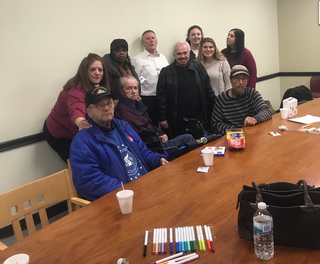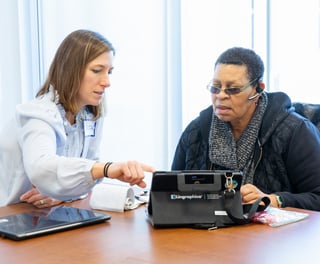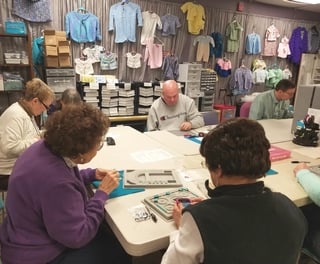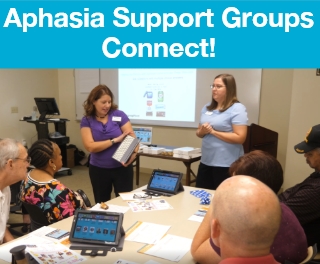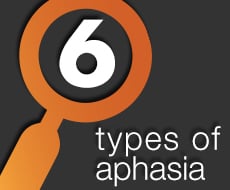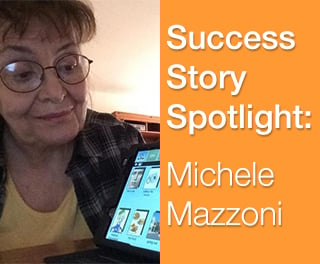Apraxia and aphasia are communication disorders that can impact an individual’s participation in everyday life. These disorders can be devastating for both the person affected as well as his/her family members. Fortunately, there are support groups that guide these individuals and their families through difficulties they may encounter—like the Staten Island Apraxia and Aphasia Support Group.
On June 28-30, 2019, the TheaterLab in New York City will host three special performances. Actor, playwright, and speech-language pathologist Megan Bussiere will bring her combined talents to the stage with her production of “Talk to Me,” a play about aphasia.
Aphasia
We receive feedback from customers who use our apps, online therapy, and devices every day. Here are a few testimonials from people like you about their experience with Lingraphica.
Dealing with aphasia after stroke can be a long, hard road for many. Thankfully, there are organizations dedicated to helping and supporting those affected. Meet the University of Delaware Blue Hen Brew Crew, an aphasia support group in Newark, DE.
We receive feedback from customers who use our apps, online therapy, and devices every day. Here are a few testimonials from people like you about their experience with Lingraphica.
At the Adler Aphasia Center in Maywood, NJ, there's Something Special going on to provide services to those with aphasia. Read on to find out what it is and how you can support their efforts.
Because of the communication difficulty that comes with aphasia, it can be a very isolating condition. Taking part in an aphasia support group can help decrease those feelings. At Lingraphica, we've gone one step further! We want to connect aphasia support groups with each other. Read on to find out more!
If you or a loved one has aphasia due to stroke, you may be asking some very important questions. How much speech will I recover? Will my loved one stop progressing after six months or so? Is there anything we can do to help the communication improve? Read on to find out three keys to better communication after stroke.
If your loved one has suffered a stroke and is experiencing some language deficiencies, you may hear your healthcare professional throw around terms like, "Broca's aphasia" or "Wernicke's aphasia," and wonder what these terms mean. Read on to find out about the different types of aphasia.
In July 2005, Michele Mazzoni, had a stroke at age 54. At that time, she worked as a certified nursing assistant at Morristown Memorial Hospital in New Jersey. She lived on her own, as her beloved husband had passed away the year before, and all four of her children were grown. She was diagnosed with aphasia and dysarthria, making it very difficult for her to communicate verbally. Michele received some speech therapy, and she began using a communication device in 2006 to help her interact with others and convey her needs.


